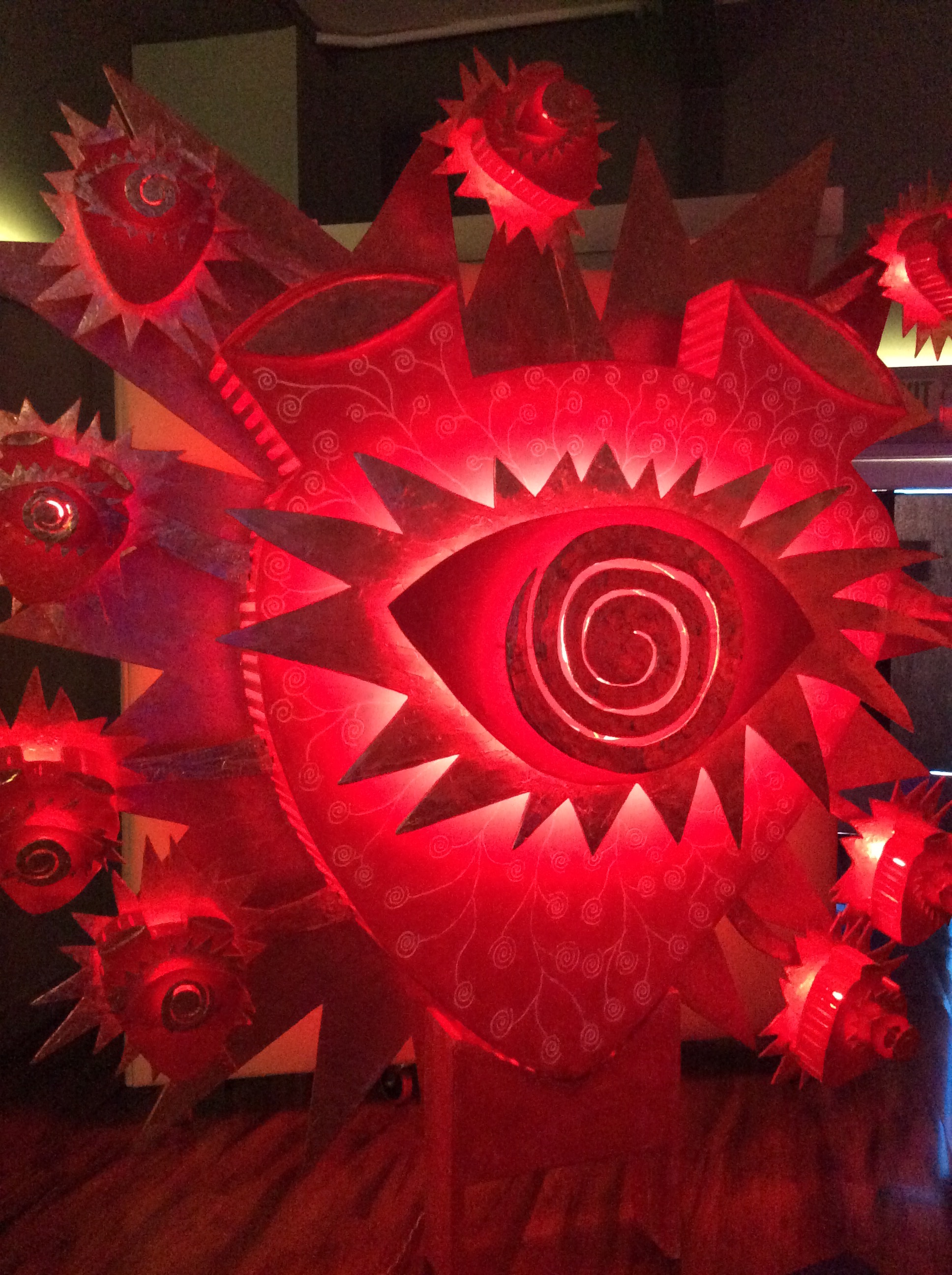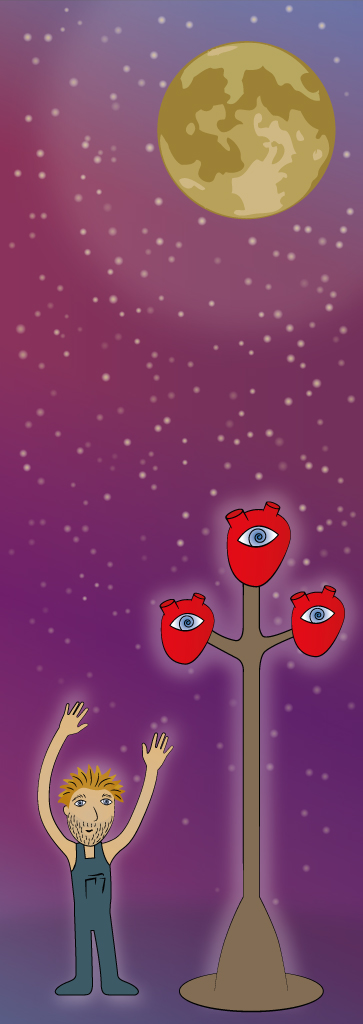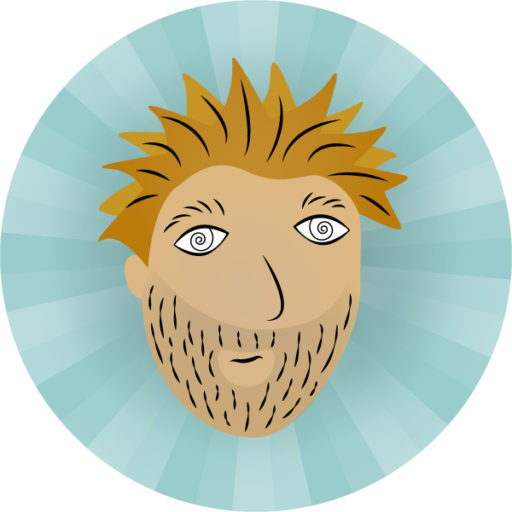Lexicon of Love Project
“Love in all its subtleties is nothing more, and nothing less, than the more or less direct trace marked on the heart of the element by the psychical convergence of the universe upon itself.” – Pierre Teilhard de Chardin
There are many languages on Earth, but none more important than the language of love. It is the universal language, but how many of us are fluent in it? Where would you study this language? I’ve begun my own studies, taking the “literature” of love and codifying into a glossary of terms and a catalogue of concepts.
There is much to codify:
- Love Types (unconditional love, universal love, etc.)
- Love Descriptors (unconditional, romantic, etc.)
- Love Agents and their quotes
- Love Quotes
- Love Concepts
Language of Love – Rationale
“The aim of science is to make difficult things understandable in a simpler way.”
– Paul Dirac
In the movie “Arrival”, the point is made that language comes before science when trying to speak to an “alien” civilization. If we are going to wrap science around unconditional love, then does the language of love come first? At the very least, they go hand in hand. Is love a universal language? If so, what are the building blocks of this language and how can they be used to unlock the science or math of unconditional love?
It is theorized that thinking in a different language causes thought patterns to change. This is a core idea at the heart of the film Arrival: that an intimate relationship exists between the language we speak and the way we perceive the world. The idea that language shapes with way we think and what we talk about is described in the “Sapir-Whorf Hypothesis.” It states that language doesn’t just give people a way to express their thoughts—it influences or even determines those thoughts. “The grammar of each language is not merely a reproducing instrument for voicing ideas but rather is itself the shaper of ideas.” The hypothesis isn’t exactly mainstream – however, there is research on how language shapes our thinking. Cognitive scientist Lera Boroditsky demonstrates that this idea is compelling.
On the sci-fi level, “Arrival” presents some interesting ideas, including that learning the “Heptapod” language enables the users to see transcend time. The alien language is presented as a universal language which the alien heptapods have brought to earth as a gift for humans, in the hope it will help humans overcome a seemingly intractable lack of trust for one another. The language / technology presented achieves this by presenting time as circular: events in the past and the future are made equally accessible, and the language itself is written as a series of inklike circles generated by heptapod limbs. The aliens have no particular message, like “love each other” or “ seek world peace” – the assumption is the by simply getting humans to use and share a universal language, this allows them to see their potential future, allowing them to (presumably) avoid armageddon.
I have collected a large number of quotes about unconditional love, and, on a private site, have been codifying them in key subject areas. There are a lot of mathematical structures out there – are there already mathematical terms that may serve this project well? Otherwise we must create new maths…tinkering about until we see patterns and then we make up symbols that allow us to describe the patterns we see, how they fit together, and what the repercussions may be. We begin with the most sophisticated examples we can find in natural language substates, and develop technical terms and symbols that allow us to define unconditional love in new ways that are scientific and “mathematical”.
Definitions of language:
- a systematic means of communicating by the use of sounds or conventional symbols
- a system of words used in a particular discipline
- a system of abstract codes which represent antecedent events and concepts
- the code we all use to express ourselves and communicate to others – Glossary of Terms
- a set (finite or infinite) of sentences, each finite in length and constructed out of a finite set of elements
The language of mathematics involves rules, symbolic notations. Mathematical statements have their own complex taxonomy, divided into axioms, conjectures, theorems, lemmas and corollaries.
It may be worth exploring alternative languages, such as animal languages or symbolic languages, lexigrams, etc. Humans may assume they are the only species that speaks the language of love… while our actual vocabulary of love is relatively undeveloped or poorly understood, at least by a majority. One of my most profound – transcendental – experiences of love was with a possum. A big lesson from that experience was that my previous idea of unconditional love was limited.
It is said that Love is a universal language. But have we really developed that language? Is it truly universal? And if we do develop this language in scientific terms, will we then think differently? Will other branches of science be influenced as well? All these ramblings point to my belief that unconditional love is a highly complex field worthy of study, structure, and rigor. If you are interested in joining with me in these efforts, please let me know.

Giant Love Altar
(Wolfram Alderson)

Love illuminates our existence.
(Wolfram Alderson)
WIR KOMMEN HIERHER UM ZU LIEBEN UND ZU LERNEN
(Wolfram Alderson)

